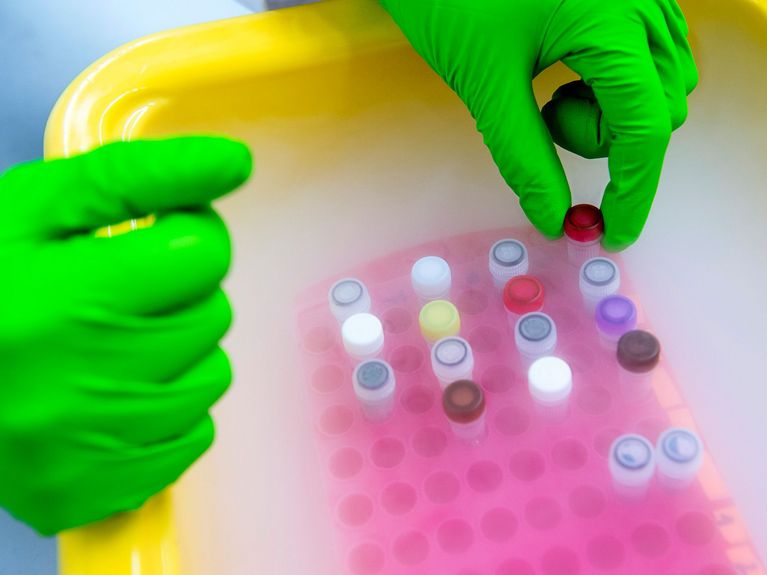
Story #10
Prevention: The Future of Medicine
How can prevention help shape the future of medicine? The research centers from Helmholtz Health are working to develop visionary ideas and new technologies for the medicine of tomorrow.
Prevention is the key to a healthier future: in the near future, technological advances and Artificial Intelligence (AI) will make it possible to identify and prevent diseases before they’re visible and do harm to the body. Through targeted intervention, we will not only be able to improve quality of life but also reduce burdens on the healthcare system and cut costs in the long run. In view of our ageing society and growing global health risks like climate change, prevention will become more and more important.
Accordingly, the six Helmholtz Health Centers have set their focus on disease prevention. Whether cancer, diabetes, infections, cardiovascular, neurodegenerative or immunological diseases – the experts at Helmholtz Health develop innovative solutions to shape the transition from traditional curative medicine to preventive healthcare.
In this regard, prevention means much more than simply promoting healthier lifestyles. Diseases have a diverse range of causes: from genetic predispositions to ageing and inflammatory processes, to environmental influences, lifestyle-related factors, and a host of others. In order to precisely identify these risk factors, Helmholtz Health researchers conduct extensive studies and also investigate these factors in basic research.
One essential aspect: the early detection of disease through screenings. Here, new biomarkers, imaging technologies, and sensors come into play, making changes in the body visible at an early stage – before there are any symptoms. After all, what we can see from the outside is often just part of something larger: at the cellular level, disease processes can manifest much earlier. At Helmholtz Health, researchers are developing new molecular methods that use AI to analyze these processes and detect even the smallest changes in the body, which would otherwise go unnoticed.
The researchers’ vision: that one day, a single doctor’s appointment with comprehensive screening will offer substantially more peace of mind than today. They’re also working on solutions that will allow many elements of prevention to take place in patients’ homes – with e.g. wearable devices and sensors continuously monitoring their health status and supporting timely action as needed. In addition, their work is accompanied by communication and awareness campaigns designed to inform citizens about risk factors, train new prevention experts, and enhance general prevention awareness. In this regard, healthcare policy can do its part by creating framework conditions that put prevention and prevention research high on the agenda.
The overarching goal is clear: to transition from curative medicine to preventive healthcare. To help achieve it, the Helmholtz Health Prevention Task Force was founded – a one-of-a-kind, interdisciplinary committee that brings together experts from Helmholtz and the German National Cohort (NAKO Health Study), Germany’s most extensive long-term study on widespread diseases. Thanks to the close collaboration between the scientific community, university medicine, industry, and political decision-makers, the Task Force will accelerate the translation of these revolutionary preventive approaches into practice.
Bild: Helmholtz Munich